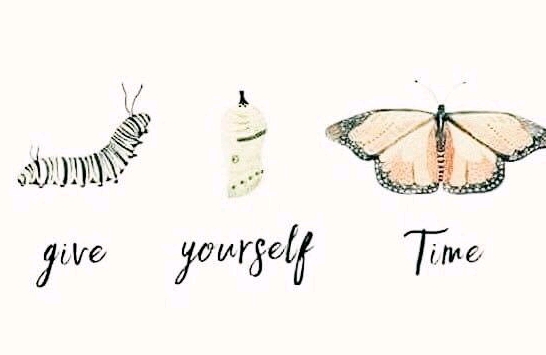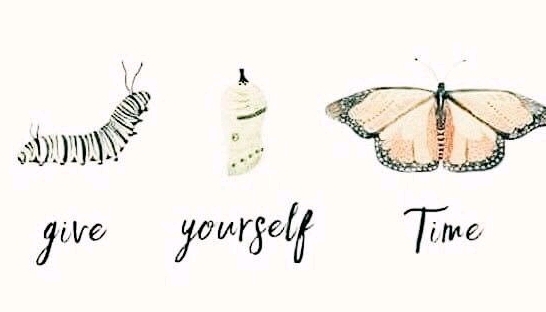Therapy is THE BOMB
Therapy is a good thing. I’m a “therapy graduate”, as one of my friends referred to both of us. (Thanks, Melanie. You also rock.) I was in therapy for two years following Jake’s 2015 death and I wish I had gone a long time before then. I had gotten to a point in which my grief had gotten too big to handle- and thankfully, my former therapist was able to give me the tools to get myself and my life back together.
I still have bad days, but not nearly as bad as when I started therapy. I do realize, however, that not everyone can access and/or afford therapy. This entirely sucks, and it’s why I’m a fan of alternate forms of traditional therapy or other kinds of help, like the crisis text line (text “home” to 741741) and apps like 7 Cups. Note: I’m not endorsing any of these.

Going to therapy can change your life. It works. It really works if you work at it. Do the homework. If your therapist challenges you like mine did, do it. Don’t start it if you aren’t prepared to do the work. You’ll cry and even get mad at your therapist. It happens. I cried my way through a lot of my sessions. I went through a lot of candy and Kleenex.
What kind of therapy did I go to? In-Person therapy.
What kind is right for you? I have no idea, but the rest of this post can help you decide.

Therapy is Cool, but Which Kind is For You?
I’ll break down the advantages of both for you:
In-Person therapy:
- In an office, possibly someone’s home.
- Can feel like a break from daily life- walking in can feel like turning on the “off switch” to your life
- More accountability for your actions and making appointments
- Some conditions require in-person treatment, like PTSD, severe schizophrenia, etc.
- Ability to see the body language of the therapist, which is helpful
Online therapy:
- Easier for those with disabilities
- Easier for those in rural areas
- Can create a constant connection versus only while in the office or certain times while not in the office
- Easier to find a better match (not having to base search on distance, insurance, etc)
- Can save money and time (depends on certain factors)

There are some issues with online therapy that remain to be sorted, mainly about insurance coverage and confidentiality. I recommend looking into your coverage before starting either kind of therapy. If you don’t have insurance, I recommend looking into local community resources for assistance.
Of course, this isn’t a full list of the good parts of in-person and online therapy. Online therapy is still relatively new. Many insurance companies won’t cover out-of-state therapists- for example, I’m in Kentucky, but if I picked an online therapist in Louisiana, my insurance might not cover it. I’m assuming they’re still working out the kinks in the process, which might take a while.
In the meantime, if you need therapy, please seek it. You’re worth it and you will be glad you did.
Photos courtesy of Unsplash
Information found on Very Well Mind and Talkspace
Have you tried online therapy? Would you like to share your experience?


I was wondering if there is a specific platform for online therapy. Is it just chat, email or is there a specific program for it? I’ve never tried online therapy but it sounds interesting.
LikeLike
I think it can be both, depending on the site or app. You’d have to look for details there.
LikeLike
Great post! So helpful in showing there are so many ways to get therapy.
LikeLiked by 1 person
Thank you so much!
LikeLike
I’m actually not a therapy person. I know that for many people, it can and does work wonders but honestly, I’ve never had much success with it. So I just rock it alone and do the best I can.
LikeLiked by 1 person
It can be hard to find success in therapy but if it isn’t for you then it just isn’t. As long as you can care for yourself mentally and have support i think that’s all that matters.
LikeLiked by 1 person
I do both, online and in-person. The online is great. I really love my talkspace therapist. It feels like she gets it and she definitely makes accommodations when they are needed. In-person hasn’t felt as connecting, except group.
LikeLiked by 1 person
Neat! I’ve never talked to anyone who has done both. Group therapy is a great tool. I’m glad it helps. Thanks for sharing.
LikeLike